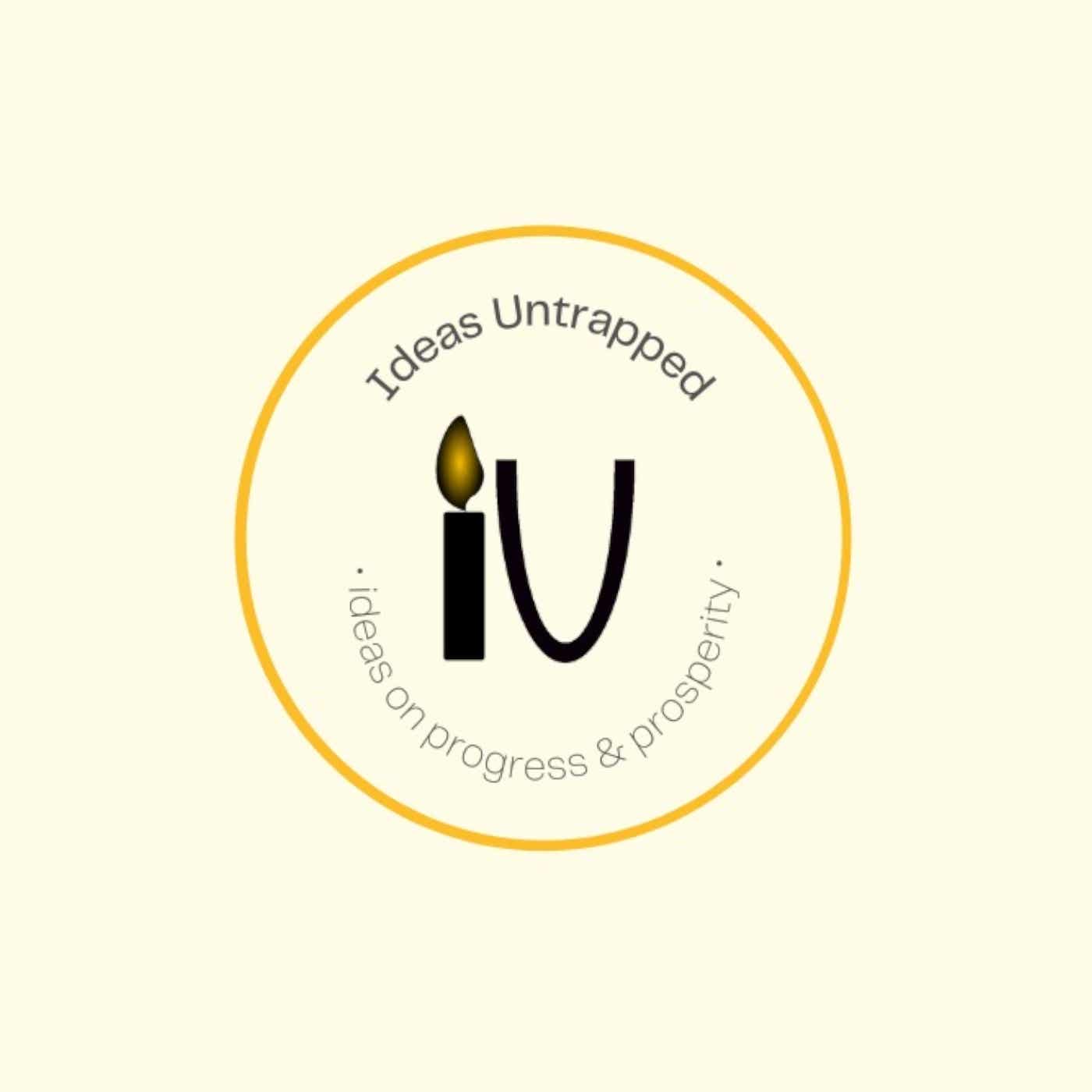TALKING CITIES WITH A LEGEND
Description
I was thrilled to get a chance to talk about cities with Alain Bertaud - he has been one of the most important thinkers in urban planning for the past fifty years. His book Order Without Design is a must-read and an excellent summary of his research (conducted in collaboration with his wife Marie-Agnes, an urban planning scholar in her own right) project with aim of bridging the gap between urban planning and urban economics. Alain is a brilliant and generous teacher who has greatly influenced me - I hope my questions have done their bit to honour him.
Transcript
Tobi;
Welcome to Ideas Untrapped podcast and my guest today is legendary urban planner, Alain Bertaud, welcome to the show, sir, it's an honour to speak to you.
Alain;
Thank you very much for inviting me, I'm quite honoured.
Tobi;
You are aware that some of the biggest cities into the future are going to be in the so-called low-income countries, because urbanization is exploding in cities like Lagos, Kinshasa, and these cities are a bit different from some of the cities in other places around the world, especially in the West, you know, in that they are lower-income, they are a bit congested, they don't have much density, and, it's a challenge for such cities having to host that many people. Now, if I may ask you, what would you say the problem has been in making some of these cities work? Are we seeing a failure of markets or planning or a bit of both?
Alain;
I think that there are sometimes market failures. But I think that there has been a neglect of infrastructure. For me, a city, and that's something common to all the cities of the world, whether they are, you know, in Europe, in America, in Africa, or Asia, the main things for cities are labour markets, that's why people go to cities to find a job. And that is why a big firm will go to Lagos. They will go to Lagos, rather than a small town somewhere. They will go to Lagos because they will find in Lagos people who are competent in whatever they want to do. They will find a large labour force, you will have a lot of choices. And so if I am a migrant living in a small village somewhere in Africa, and not necessarily Nigeria, I may want to go to Lagos because I know there are a lot of jobs there. So if we accept that a city is a labour market, the most important things are two things.
First is transport. You should be able to move in this large city. Within an hour, you should be able, ideally, to go from one side to another side, in order to find the job you want and change jobs. You know, changing job also is very important. That's why company town, you know… sometimes you have a mining town or a town developed around a steel mill or something, and then everybody there is working for one employer - the mine or the steel mill, this is not very good, because you have no chance of changing jobs. I think the advantage of very large cities like Lagos or Abidjan or Dakar, is that there are so many employers that you can fill your way, you know, you can change jobs and learn things from other people, that's what's a city.
Now, what should the planning be? Planning should be transport, you know, there should be a system of transport. And when I say transport, I don't mean necessarily a subway, I mean, subway sometimes is necessary, but not always. It could be informal transport, you know, the different minibuses, for instance, so things like that which are private. But the planners often consider them as a nuisance, you know, that they are a little messy, they stop everywhere. Sometimes they don't follow the rules very much. But if they are there, it's because there are people who prefer to take this informal thing rather than a regular bus. So we have to take them into account. And we have to make them more efficient, you know, by having specific stops where they can stop which is wide enough and things like that rather than eliminating them.
So the first thing is transport. The goal is to allow people
More Episodes
Published 04/27/24
In this episode, I had a conversation with economic historian Johan Fourie, who is a professor of economics at Stellenbosch University, and the author of one of the most enjoyable books on economic history called Our Long Walk to Economic Freedom. We spoke about the resurgence of economic...
Published 03/20/24
Published 03/20/24


